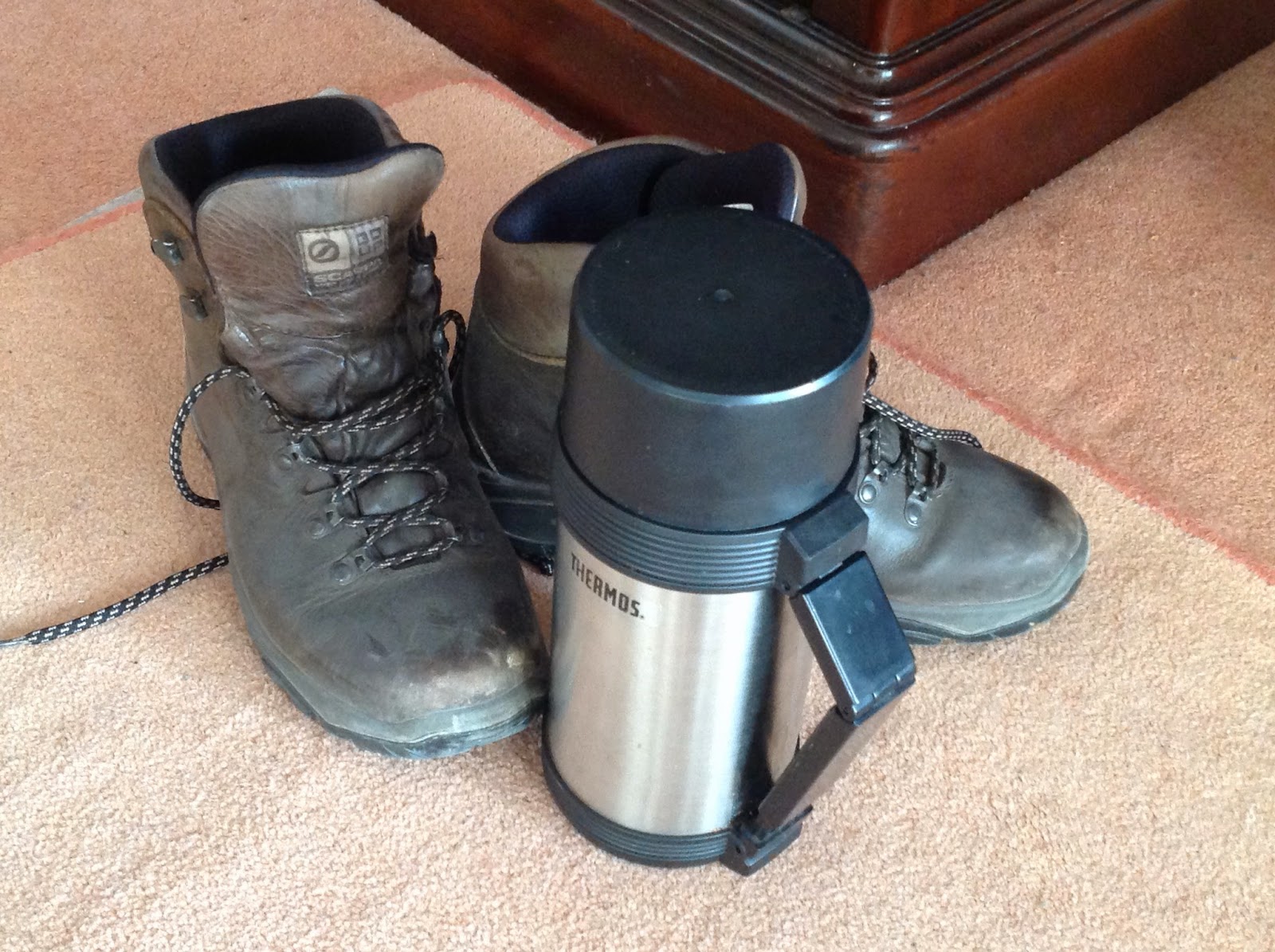 |
"The Lord's Prayer may be committed to memory quickly but it is slowly learned by heart.' F.D. Maurice photo www.footstepscm.wordpress.com |
I've recently been to see Spectre, Suffragette and MacBeth and I wonder how I might have reacted had any or all of them been preceded by the screening of ads with an uncontextualized and unexplained recitation of, say, the Tephilla and Shema (Jewish prayers) or verses about alms-giving from the Koran or a demo of the principal positions in Tai Chi. I imagine I would have watched politely and even been quite interested but I would have been puzzled about the relevance and purpose of showing them. And I might wonder whether, next time, there would be Pagan, Buddhist, Humanist or Sikh ads and where this was all leading.
Odd, this move to advertise the possibility of prayer. We are told by various surveys that between 65% and 80% of the population prays. We know that a lot of people use the Lord's Prayer; as the churches have hastened to point out in defence of the ad, billions of people around the world use it every day. We know that, as well as people of faith, some people who regard themselves as agnostic or of 'no religious belief' pray at times of extremity. We know that prayer is profoundly and intrinsically bound up in the way we live and that to separate it from this whole-life context runs the risk of emptying it of much of its power. We have the example of Jesus who appears to have taught the Lord's Prayer to His followers, at their request, and then trusted the example of their prayers, lives and words to spread it. And we have the example of the relative ineffectiveness of teaching the Lord's Prayer to generations children at school by staff who do not share the faith, as has happened over the last 40 years. So what is the ad setting out to achieve and what can we learn from the reaction to the ban?
If the idea was to communicate that everyone has the option to pray, it was unnecessary. In my experience people know that. If it was to remind people of the existence of the church or the words of the central Christian prayer, there are probably better ways to do it. If it was to invite people into a relationship with God and with other people who pray using the #justpray hashtag as I suspect it was, then OK, but let's recognise this for what it is, namely, an evangelistic enterprise using competitive, consumerist tactics to influence people's spiritual practice and choices. I'm not convinced that this is where the church best puts its effort and money.
Strangely it is in it's own miscalculation that the Church of England has succeeded. Due to the DCM ban, thousands of people have sat quietly in their own homes and places of prayer and meditation and considered the relevance, power and challenge of these ancient words. The prayer Jesus taught His followers is based on even older prayers from Judaism. Who knows what the fruits will be? Who says spiritual benefits are not born of mistakes? There's something about redemption here. But there ought to be something, too, about honesty. We live in a religiously diverse society where faith or belief systems that assume, as of right, to have a voice that is denied others are dangerous. Jesus lived at the cross-roads of the main trade routes of His time where several of the world's religions were in evidence. He seems to have trusted to the fruits of a life of genuine prayer over-flowing into action to persuade people to try prayer out for themselves. 'Jesus was praying in a certain place and after He had finished, one of the disciples said to Him, Lord, teach us to pray.' (Luke 11.1) Attempting to join the maelstrom of consumerist advertising, though well meant, is not necessarily the same thing and is not quite where we should put our faith or our hope for the future of Christianity.












